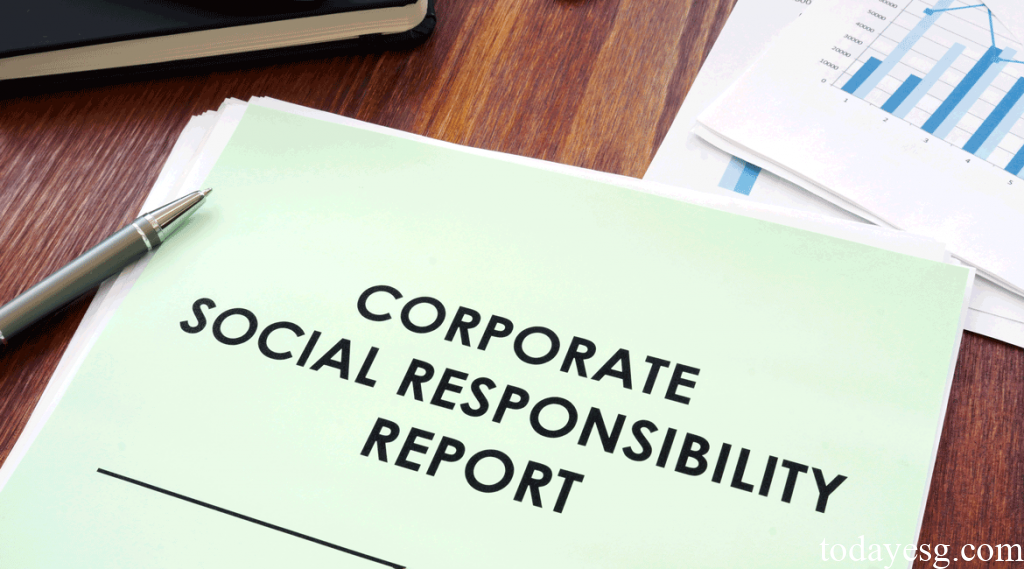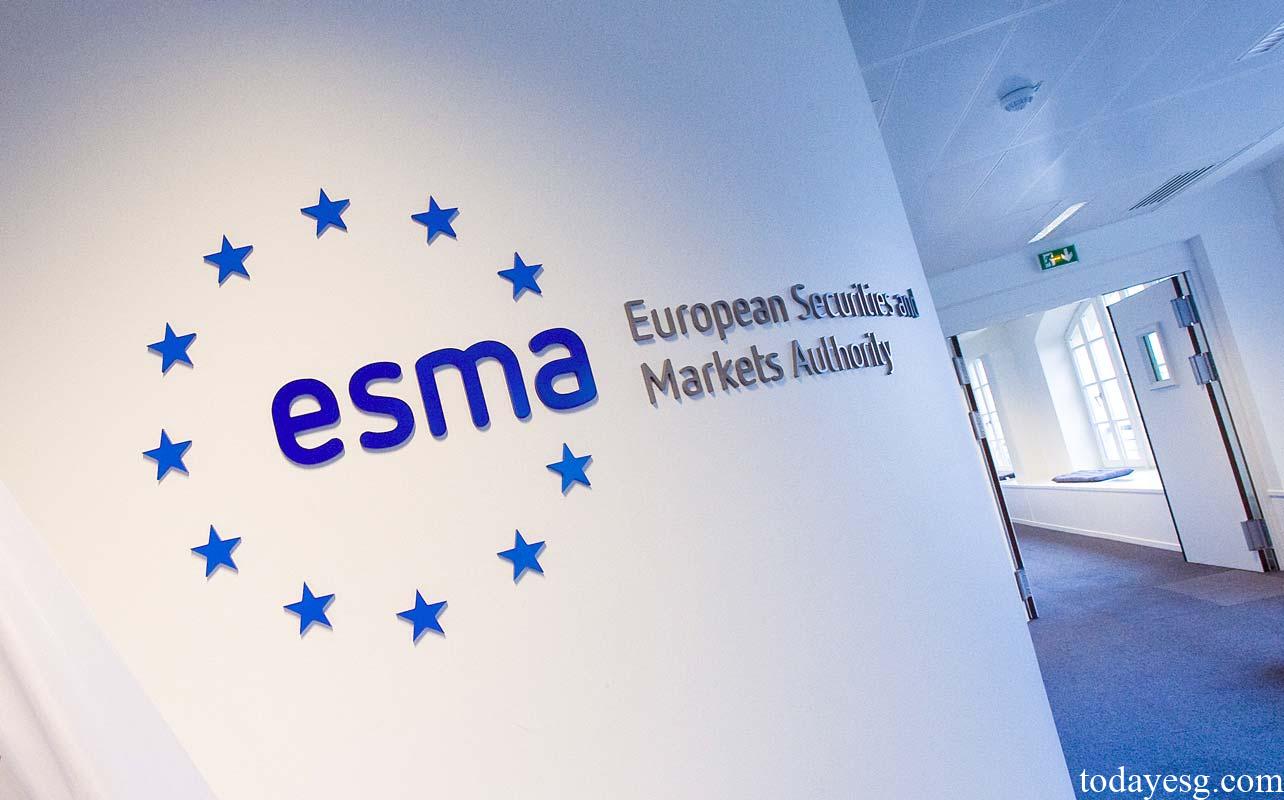Regulators Respond to Sustainability Reporting Standards
Three European regulation authorities (ESMA, EBA and EIOPA) issued their opinions on the draft of European Sustainability Reporting Standards (ESRS for short), the first edition published by the European Financial Reporting Advisory (EFRA) in November last year. The purpose of ESRS is to establish a common European sustainable reporting standard in order to promote the development of ESG and keep pace with global sustainable development.
The three regulators believe that the evaluation of ESRS will be based on the following perspectives:
- Whether it can provide high-quality sustainable development disclosure;
- Whether there is conflict with other EU legislations;
- Whether it is consistent with the global standards of sustainable disclosure;
- Whether it is helpful for enterprises to implement;
- Whether it is consistent in terms of both content and format;
Before the evaluation, ESMA, EBA and EIOPA have contributed to sustainable development and ESG. Due to the different focus of different regulators, there are also different views on the consideration of ESRS. This paper summarizes the opinions of ESMA, EBA and EIOPA respectively. On the basis of these regulatory opinions, EFRA will make ESRS into a regulation in June this year.

Opinion of the European Securities and Markets Regulatory Authority
The European Securities and Markets Authority believes that ESRS can protect investors without affecting financial stability. However, ESMA believes that there are still some contents of ESRS that need to be modified and further explanation before application. For example:
- ESRS should continue to work with regulators to develop a standardized process at the European level to provide explanations for users of sustainable standards at the transition stage;
- ESRS should give priority to the development of sustainable reporting standards for financial enterprises, because these financial institutions are directly related to the investment and financing activities of other subsequent enterprises;
- ESRS should continue to release the updated version at a specific time to supplement the missing content;
- ESRS should contact with the executive departments of each member country in Europe to promote the new standards smoothly;
The first ESRS draft launched by EFRAG is a major achievement. These standards will improve the consistency and quality of information across the value chain of sustainable investment. They will also enable European companies to take broader responsibility for their sustainability commitments and their impact on retail investors.
ESMA
Opinion of European Banking Authority
The European Banking Authority believes that ESRS is generally in line with the relevant EU and global regulations, and provides a buffer space for the disclosure time of enterprises in the implementation, which provides a good basis for the implementation of the follow-up sustainable reporting CSRD. At the same time, EBA believes that:
- ESRS should take into account the different timetables followed by the ISSB and the European Financial Reporting Advisory;
- ESRS should revise the disclosure of financial industry more directly;
- ESRS should meet the requirements of regulators when formulating industry standards;
- ESRS should continue to clarify the relationship between relevant EU regulations and itself;
- ESRS should establish a mechanism to explain problems during implementation;
Opinion of the European Insurance and Pension Regulatory Authority
The European Insurance and Pension Authority believes that ESRS can promote high-quality and sustainable information disclosure and is consistent with international standards. At the same time:
- ESRS should provide guidance for information disclosure of insurance companies and pension funds;
- ESRS should be combined with IFRS standards to avoid dispersion of sustainable reporting;
- ESRS should provide a brief guide covering all processes to improve the efficiency of implementation;
- ESRS should allow enterprises with low sustainability risk to adopt simplified sustainability reporting standards;
Reference:
ESMA Issues Opinion on the Draft European Sustainability Reporting Standards
EBA Issues Opinion on the Draft European Sustainability Reporting Standards
EIOPA Issues Opinion on the Draft European Sustainability Reporting Standards








